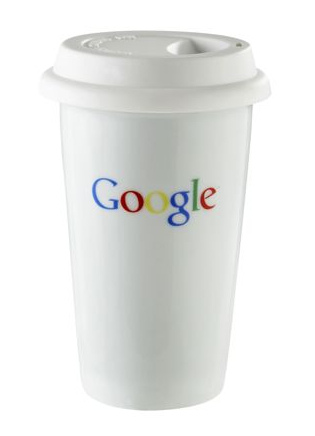
For an in depth explanation of instant please see the Google blog but I will provide a basic overview.
Now when you search on Google, in addition to predictive suggestions appearing as you type, Google starts to present search results in real time based on what you are typing. So, as you type the word Hotel, Google starts displaying results related to Hotmail when you get to “Hot”, then switches to hotel related results when you get to “hote”.
For the end user it means quick access to potentially accurate results.
For the web site owner it could mean your site will never appear in the search results ever again!
Okay, so that’s a bit dramatic, but going forward you need to think clearly about not only what key-phrases you wish to be found for, but what is seen in the results as they are typed in. Long tail phrases are particularly at risk.
An example here would be a product model number, these are great long tail terms for e-commerce stores to target. The customer is in buying mode, typically, as they know what model there after. It’s now down to availability, trust in the vendor and price. So as I type in “Sony Bravia BX300” what happens? As I type the word “Sony”, as you would expect Sony web sites dominate the natural search, but John Lewis appears in paid search. As I get to “Br” the natural search is still dominated by Sony itself but Marks & Spencer and Amazon have now joined the paid ads. As I complete the word “Bravia” Littlewoods joins the paid ads and now other sites start to appear in the natural results.
In addition Google is suggesting the Bravia 3D, whoa! Customers may now consider their decision making, they’ve been presented with an alternate product choice and they haven’t even finished typing, the results reflect these choices also. So let’s pretend our customer sticks with it, the nearer I get to the end of the model number the faster the results change, valid competitors I wouldn’t have seen on the full term appear in the results for the partial term. In fact Google have been so efficient with their deployment of this technology I wonder whether an end user will ever get to type a full phrase into the search engine again?
The saving grace. Google Instant currently only works if you have a Google account, are logged in and are searching on the standard search page. Your first search in iGoogle or using a toolbar will not be affected by Instant, at the moment. And if you are not logged in or don’t have a Google account Instant won’t be seen either.
Google have done a fantastic job for the end user, in my view, and they have presented a great challenge to site owners and SEO experts alike.
